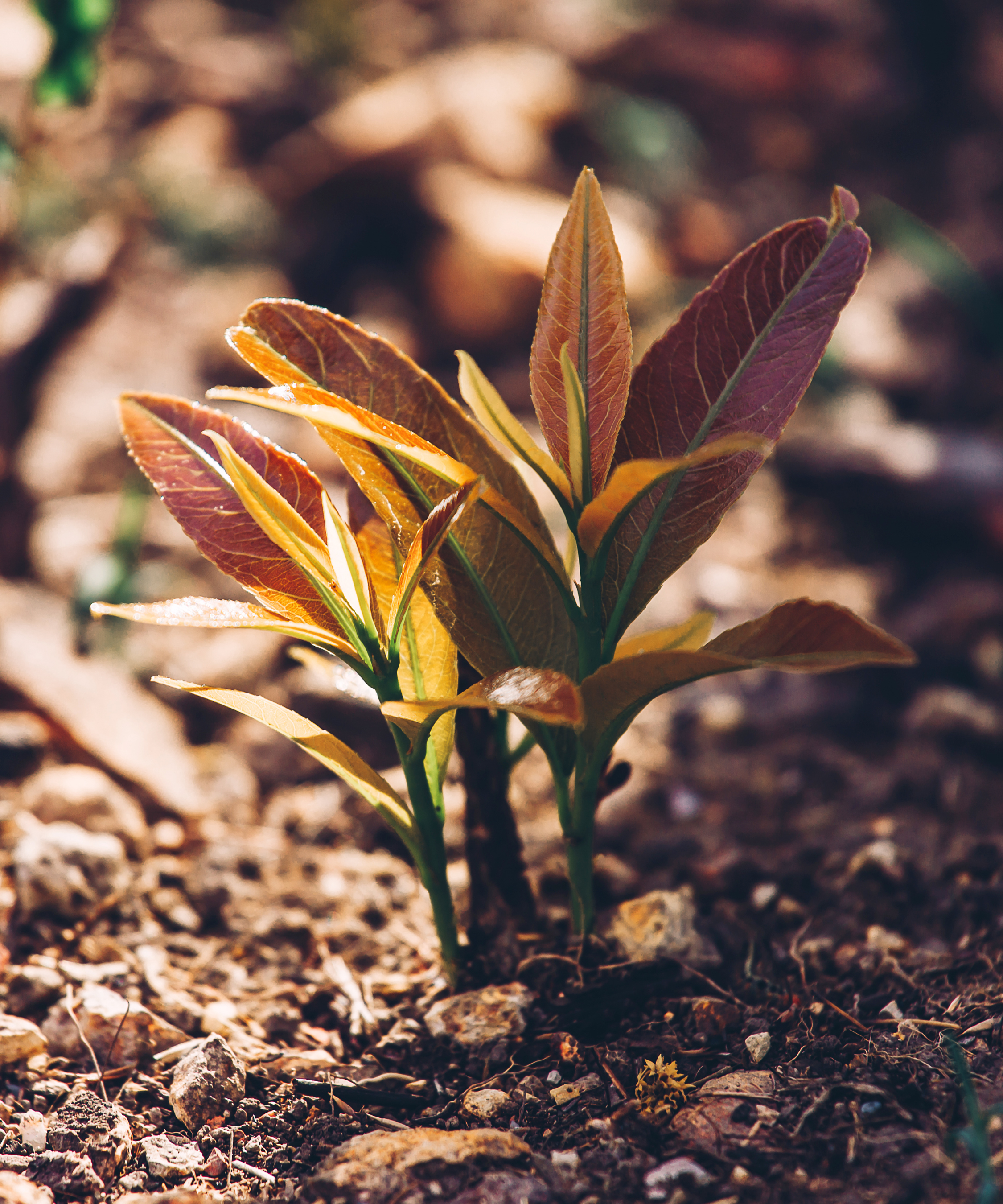Using organic fertiliser for plants is one of the most preferred methods for ensuring that plants grow healthy without harming the earth’s environment. These fertilisers can be obtained from natural sources, and they have a special reputation for improving the value of the soil without adding injurious matters. However, an important question often arises: Can organic fertilisers burn plants? Even though using organic fertilisers reduces the adverse effects linked to synthetic fertilisers, their application harms plants if misused.
In this article, you will learn more about potential dangers, the factors causing them, and how to avoid or minimise them so that your plants can be healthy.
What Are Organic Fertilisers and How Do they Work?
Organic fertilisers are naturally derived from commonly, compost, manure, bone meal, fish emulsion, seaweed extracts and other naturally occurring materials. Unlike synthetic fertilisers, organic fertilisers are slow in the soil to release nutrients into the environment. This slow-release property enhances the ability to promote better improvement of soil structure, moisture retention and generally work by stimulating desirable microorganisms in the soil to release minerals and nutrients to the soil and drive plant growth.
Organic fertilisers are an excellent choice for establishing long-term health in the soil, but like any technique, they are not perfect. It is always a possibility, although generally referred to as ‘fertiliser burn’, depending on the method of application as well as the amount used and requirement of the plants.
Can Organic Fertilisers Burn Plants?
Yes, organic fertilisers can burn plants if one fails to use them correctly. Fertiliser burn is a condition that results from the direct application of salts or nutrients onto a plant and leads to its inability to uptake water. Possible signs are that the plant leaves turn yellow or brown, grow slower than usual, or, in extreme situations, die.
The answer to this question has two sides; however, the general answer to Can organic fertilisers burn plants? is thus based on appreciation of the composition of fertiliser used in farming. Organic fertilisers should also contain concentrated nutrient solutions of nitrogen, potassium and phosphorus. All these nutrients are useful when taken in balanced proportions, but if submitted to the plant in large quantities or close to the root system, they may harm the plant.
Causes of Fertilisers Burn from Organic Products
While organic fertilisers are generally safer, several factors can lead to fertiliser burn:
- Overapplication
Nevertheless, it is essential to remember that even natural products can be severe if used excessively. For instance, excessive chicken manure – a fertiliser for plants containing nitrogen – will lead to a nitrogen surplus.
- Improper Dilution
Macronutrients available in liquid organic form include fish emulsion or seaweed extract; in most cases, these types of fertilisers are applied in a diluted solution. The plants are sensitive to them, and using them in concentrated form has adverse effects on plants. A rule of thumb is to use a little bit often as opposed to a lot in one go.
- Application Timing
Spraying organic foliar fertilisers during the day, especially during the hottest part of the day when temperatures are above 28 deg C, may lead to burning. Heat stress is prevalent with nutrient solution absorption in the plant since elevated temperatures and direct sunlight intensify the nutrient solution concentration.
- Proximity to Plant Roots
Applying fertiliser close to a plant root or stem may sometimes result in what is known as a nutrient concentration that burns the tender parts of a plant. Again this is only a potential problem if you use the product in too high a concentration. If unsure just dilute it a little more and water in well.
Preventing Fertiliser Burn: Best Practices
Now that we know Can organic fertiliser burn plants? let us shift our attention to ways of avoiding such risks as using organic fertilisers in farming.
1. Start with a Soil Test
So, ensure you test your soils before applying any fertiliser so that you will have a good understanding of your soil's nutrient status and pH. Understanding the nutrient deficiencies of your soil makes it easier to decide which organic fertiliser to add to plants and the right quantities to use. If your garden is not large enough to warrant the cost of a soil test, using a well-balanced mineral fertiliser along with liquid biostimulants at label rates is a safe option.
2. Follow Recommended Dosages
Every single organic fertiliser has its particular method of application. This is especially so if you are using compost manure or any other liquid organic products that may be recommended for added. Too much of a good thing can be a problem sometimes.
3. Dilute Liquid Fertilisers
Many liquid fertilisers like fish emulsion and seaweed extract must be used in a concentrated form with a mixture of water in a proportion stated on the pack. It is better to receive a weaker solution often than a single concentrated dose.
4. Apply Evenly
Do not apply fertiliser at the root crown to prevent clogging of those areas. However, just use it all around at the root area, but ensure a space between the fertiliser and the stem. This helps to minimise the creation of localised nutrient concentrations that may be unfavourable for the plant.
5. Water After Application
After a round of organic fertiliser for the plants, watering helps wash the nutrients around the root zone. It also minimises the chances for accumulation of fertiliser salts around the root areas.
6. Use Aged Organic Materials
Young manure or compost can also be too hot for the plants, and it is possible to burn them. The best recommendation is to always opt for the aged or compost materials, as they are low in nutrients and hence cannot scorch your plants.
7. Time Your Applications Carefully
If you have to fertilise your plants, then you should do so in the early hours of the day or the evening. This minimises the chances of nutrient stress due to heat stress.
What to Do If Your Plants Show Signs of Fertiliser Burn
If your plants exhibit symptoms of fertiliser burn, such as yellowing leaves or wilting, it’s essential to act quickly:
- Stop Fertilising Immediately
Using organic fertiliser for plants should stop immediately until the matter is sorted out.
- Flush the Soil
Rinse the contaminated area with water to remove extra nutrients in the solution. Cucumber plants need good drainage; therefore, the soil applied to the plants must be well drained to prevent the growth of fungal diseases due to water logging.
- Prune Damaged Leaves
Trim off any leaves that have turned black or brown, as this is a sign that can show that a particular part of the plant is burnt and dead.
- Monitor Recovery
Watch your plants over the following weeks. New growth is that they are healing or in the process of healing as long as it will turn green and healthy. Start fertilising again with weak seaweed solutions to induce plant defence systems
Benefits of Using Organic Fertilisers Responsibly
When used correctly, organic fertilisers offer several advantages over synthetic alternatives:
- Sustainable and Eco-Friendly: Organic fertilisers are friendly to the environment mainly because they reduce the pollution of the ground by chemicals.
- Slow-Release Nutrients: The nutrients are therefore released slowly for an extended time, enabling plants to benefit from them.
- Improved Soil Structure: Organic matter helps the soil to be right, retains moisture and provides adequate aeration to suit plant root requirements.
- Promotes Microbial Activity: Organic fertilisers enhance the population of valuable microorganisms within the soils, enhancing fertility levels.
Final Thoughts
Therefore, is it possible for organic fertiliser to burn plants? According to this article, natural products can pose a health risk but are not dangerous if used correctly. Organic fertilisers are a tool that helps to enhance plant health, improve soil quality, and support environmentally friendly gardening. But like any valuable resource, they all must be taken, enjoyed, and managed properly.
Select an appropriate organic fertilisers for plant use in natural farming, and watch your plants grow to a lush green garden with beautiful flowers. It’s essential to take proper care and attention!





